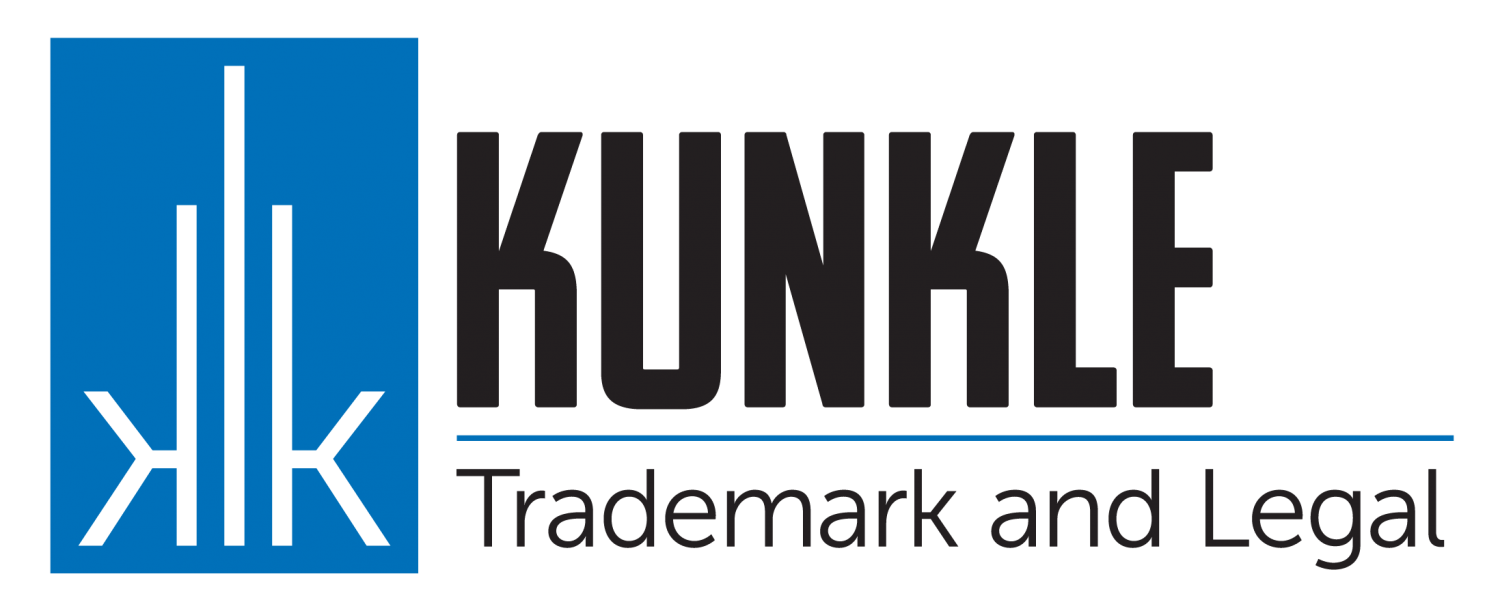Copyright Office Requests Comments on Eliminating Compulsary License for Cable Providers
In April the Copyright Office published a notice in the Federal Register seeking comments related to a proposed change to the current method that cable and satellite providers license broadcast television from stations (e.g., local network affiliates). Currently, three sections of the Copyright Act provide a compulsory (statutory) license for these broadcasts, meaning that negotiations are not required, the content is simply licensed automatically and the cable or satellite provider simply pays a predetermined fee. These sections are contained in Section 111, 119 and 122 of the Copyright Act and must be periodically renewed by Congress.
The Copyright Office is requesting comments on eliminating these licenses, making them permanent, and alternative licensing arrangements. Three specific proposals have been put forward as alternatives: 1) Sublicensing the transmissions - shifting responsibility for payment of copyright holders to the original broadcast providers as a part of their original broadcast license; 2) Private licensing - requiring the satellite and cable providers to seek individual licenses...

